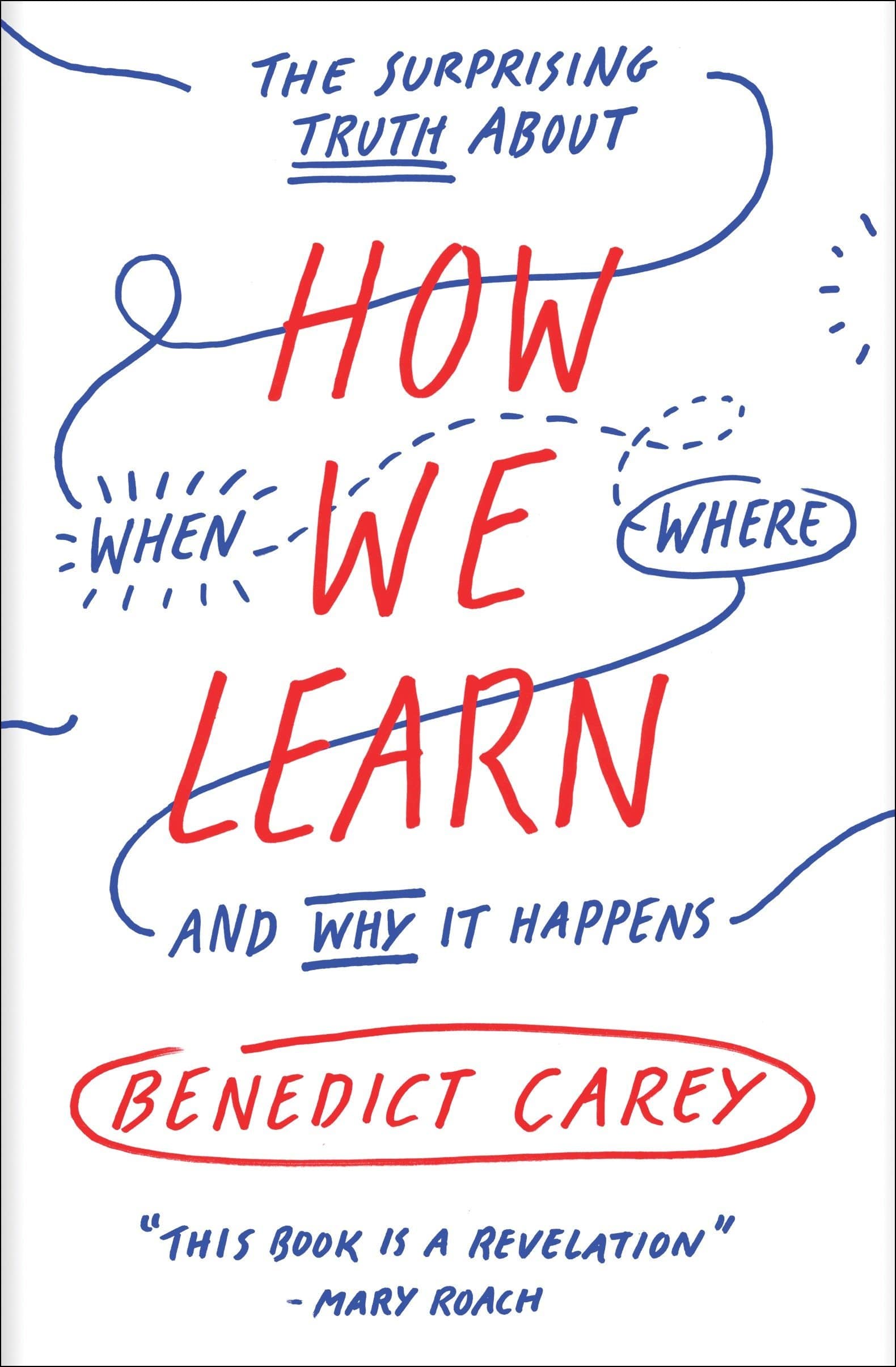When you need to dive deep into your work, banishing distractions is an essential thing to do. In many cases, though, distractions can help you learn a subject even more deeply.
In Benedict Carey’s book “How We Learn“, they talk about using distractions to help better remember certain types of data. If you’re in a very controlled environment when studying, and then the test environment is a little crazier, that can have a big impact on your ability to recall information.
In the book, two quotes stood out to me:
“the science suggests that interleaving is, essentially, about preparing the brain for the unexpected.”
“And we will show that some of what we’ve been taught to think of as our worst enemies—laziness, ignorance, distraction—can also work in our favor.”
An example of this with my own habits involve the Anki flashcard app. I have various groups of cards that I study (people, geography, quotes, Biblical, etc), and for a while I kept them in separate decks and would study them sequentially. This wasn’t wise, because I’d get too focused on those groups. Instead, I combined them all into one big deck so I have no clue what type of card is coming next and the lack of context helps with memorization. As I said a couple of years ago, combining them led to two advantages:
- There is some science that shows better memorization when you have recall the cards out of context, because it better mimics the real world.
- It can cause some interesting (random) correlations to develop at times, when two unrelated cards appear after one another but you can make a new connection between them. This is similar to the reason I’m using Roam Research for most of my note-taking these days.
I’m still going to fight distractions in many areas of my life – there’s no need for me to reach for my phone to see the latest Facebook update while I’m trying to read. However, knowing when to intentionally introduce some distractions can help your learning become more successful.




